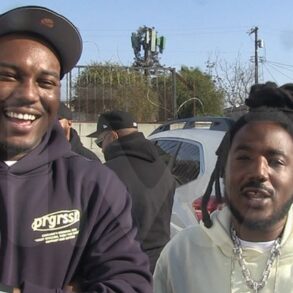In the panorama of global music, hip-hop stands as a compelling testament to innovation, rebellion, and cultural evolution. From the South Bronx’s pulsating streets in the early 1970s, hip-hop has blossomed into a cultural leviathan. Embracing the five elements—emceeing, DJing, break dancing, graffiti, and knowledge—it was a grassroots movement for social activism. DJs like Kool Herc and Grandmaster Flash paved the way, innovating with turntables and pioneering breakbeats.
The 1980s signaled hip-hop’s mainstream arrival with artists such as LL Cool J, Run-D.M.C., and Public Enemy siphoning inner-city Black struggles to society. The 1990s further molded the genre, with rappers like Tupac Shakur and Notorious B.I.G. and producers like Dr. Dre revolutionizing storytelling and soundscapes.
The 2000s ushered in a new era of creativity and commercial success. Eminem’s stark narratives, Jay-Z’s entrepreneurial spirit, and Kanye West’s genre-bending productions truly illustrated hip-hop’s expansive reach.
Today’s artists, like Kendrick Lamar, Megan Thee Stallion, and Lil Nas X, continue to push the envelope, addressing issues like racial inequality, femininity, sexuality, and LGBTQ+ rights, cementing hip-hop as a beacon of cultural reflection.
Standing tall on its 50-year legacy, hip-hop remains the voice of countless souls, reflecting the ever-evolving zeitgeist. From the early days of beatboxing and break dancing to the present, these artists have stood as titans of an era.
Stacker offers a then-and-now to 25 pioneers in hip-hop—celebrating the spirit of a culture that continues to evolve—citing various news reports and sources.
![]()
This post was originally published on this site be sure to check out more of their content.





